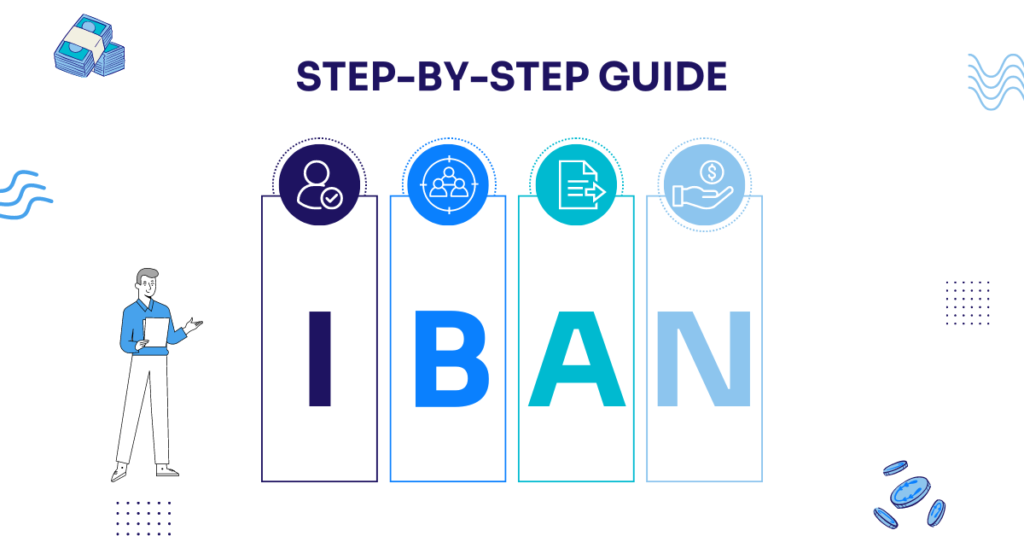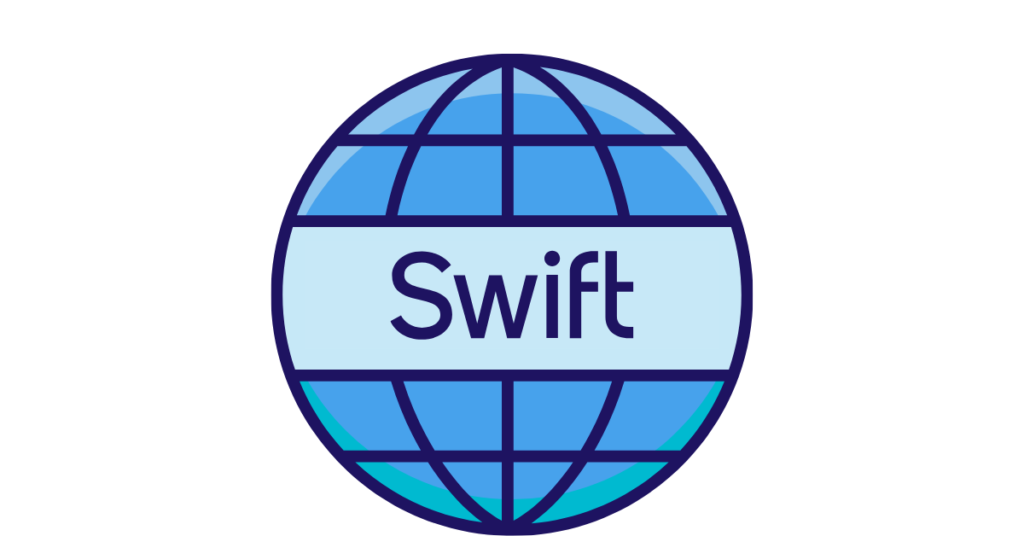In the business world, risk is unavoidable. But while all businesses have some degree of it, several factors make some industries riskier than others.
Banks and financial institutions evaluate your industry and categorise it into either high, medium or low risk. If you are perceived as a business in a high-risk industry, many banks and financial institutions are likely to refuse your request to open a merchant account or to set up payment methods with them.
If banks and payment processors do choose to work with high-risk companies, they often charge them a lot more in rates and fees. Plus, these companies may have to give up a portion of their daily transactions. This is known as a rolling reserve.
So what makes an industry high-risk? And how can businesses open high-risk merchant accounts and access high-risk payment solutions if they are in this category?
High-risk merchant accounts?
A high-risk merchant is an identification by a Card Processor of a business that operates in a high-risk industry, sells products or services that experience a high level of chargebacks, is prone to fraudulent transactions, and receives stolen credit cards [1].
This means that, as well as your company’s financial health, banks and payment processors also make their decision based on the industry you operate in.
Industries that are considered high-risk
CBD Oil
CBD products are becoming legal to produce and sell worldwide after their medical benefits were discovered. Each country has different legislations around its use. For example, CBD can be consumed in the majority of EU countries. According to EU law, hemp growing and selling is permitted if the THC content is less than 0.2% [2]. Countries outside of Europe have legalised or are legalising CBD, including Canada, Russia, South Africa and the United States of America.
The main reason why this industry is considered high-risk by banks and payment processing companies is that the industry’s legislation is constantly changing. Businesses have to navigate through unclear regulations regarding how CBD can be sold in various countries. Brexit also had a massive effect on the UK market, as there are now further regulatory restrictions they must meet [3].
Gambling Industry
According to a report by Research and Markets, the online gambling industry is expected to reach $72.02 billion by the end of 2021, at a compound annual growth rate (CAGR) of 12.3% [4]. The gaming business merchants offer many different forms of gambling, including casinos, sports wagering, online poker and mobile gaming.
There are a number of reasons why this industry is considered high-risk to banks and payment processors. Firstly, a lot of online gambling businesses are based in offshore jurisdictions like Malta, Isle of Man etc. Because of this, the industry often falls victim to fraud and money laundering suspicions. There’s also a high volume turnover associated with this business, so banks are cautious about offering merchants a credit line.
Adult Entertainment
The global adult entertainment market is estimated to exceed the value of US$ 300 Bn by 2030, expanding at a CAGR of ~5% during the forecast period [5]. This includes companies that deal in toy and novelty sales and dating services, telephone services, adult and live stream services.
Many of these companies struggle to obtain a merchant account, and they need this to accept credit and debit card payments from customers and clients. This is because a lot of them are subscription-based services. This means that customers pay on a minute-by-minute basis. Banks are also sceptical about getting involved with this industry because there has been some unfortunate coverage surrounding this industry, relating to illegal activity. Because of this, many payment processors fear there will be a reputational risk associated with this industry.
Financial Institutions
Financial institutions encompass a wide range of business operations within the sector including banks, trust companies, insurance companies, brokerage firms, foreign exchange and investment dealers [6].
This industry is categorised as high-risk because working with other financial institutions requires a lot more due diligence. Payment processors need to ensure that the financial intuitions they work with strongly comply with regulations. Plus, financial institutions are much more prone to money laundering. This risk is heightened if their clients are also categorised in a high-risk industry.
Cryptocurrency
We’ve recently seen rapid adoption of cryptocurrency in many high-risk industries [7]. This year the total market of cryptocurrencies reached $2 trillion [8].
Mainstream banks are a lot more hesitant to work with crypto companies, with many unable to accept this new age style of payment method. Cryptocurrency is known for wanting to be unregulated and not tied to any government. Because of this, banks are far less likely to want to work with them. Plus, many payment service providers associate crypto with international criminal organisations and money laundering, which stops them from working with these companies.
Sign Up For Payment Processing For High-Risk Merchants
Although many banks and payment processors refuse to work with high-risk businesses, there are definitely still ways to receive a number of merchant solutions. Choosing the best high-risk merchant account is crucial, and you want to ensure that you’ve done enough research and ideally work with a company that specialises in these industries.
At Capitalixe, we bridge the gap between your business and the financial institutions you choose to operate with. We can provide several solutions, to help businesses open offshore high-risk merchant accounts, forex merchant accounts, and bank accounts for gambling businesses.
Based in London and operating internationally, Capitalixe is a payments and banking consultancy specialising in helping companies in high-risk industries obtain the latest financial technology.
Our team brings a wealth of experience and industry expertise, leveraging our network of trusted providers for the benefit of our clients. Fintech has brought a wealth of products and efficiencies to businesses and individuals – matching these opportunities to our client needs is at the core of the Capitalixe ethos.
Get in touch to set up a free and non-obligatory consultation and learn more about how we can help resolve your payment and banking challenges today.




